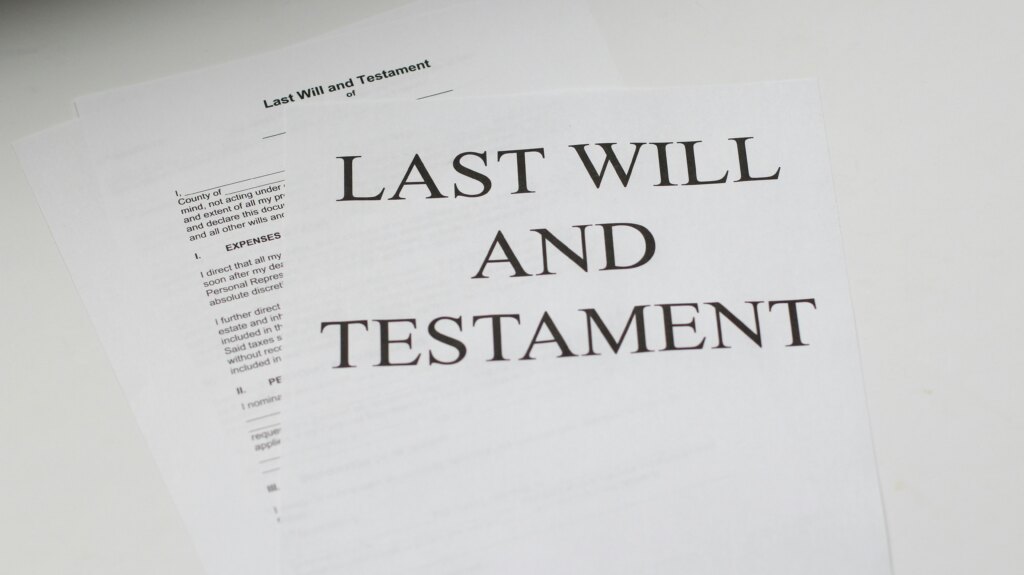
The Appeals Court recently issued a decision in a groundbreaking case where the disinherited son’s classification as an “interested person” under the Massachusetts Uniform Probate Code did not grant him the standing to contest his stepmother’s appointment as the personal representative of his late father’s estate.
Ronald Birkenfeld’s will directed all tangible property to his wife, Pamela, while the residue of his estate poured into a revocable trust. Notably, the will explicitly excluded Birkenfeld’s three adult sons from a previous marriage, including Bradley Birkenfeld. The trust had already provided for them to receive income and principal upon Pamela’s demise, as outlined in her will.
Bradley sought formal proceedings in the Probate & Family Court to challenge Pamela’s appointment as the executor and proposed his brother as an alternative personal representative. He argued that, as the testator’s son, he qualified as an “interested person” under the relevant statute, allowing him to challenge the appointment despite not contesting the will itself.
However, the Appeals Court disagreed, emphasizing that the Massachusetts Uniform Probate Code (MUPC) does not explicitly identify who can challenge the appointment of personal representatives. The court cited pre-MUPC case law that required a person to have a “legal interest in the decedent’s estate” to have standing in such matters. The MUPC did not abolish this common-law requirement in the absence of specific statutory language.
Bradley also asserted that his contingent remainder beneficiary interest in the pour-over trust granted him sufficient legal interest to challenge the appointment. The court rejected this argument, stating that Bradley’s interest in the trust did not confer standing, as he could only receive income and principal at Pamela’s discretion upon her death.
Pamela’s attorney emphasized that the decision affirmed the necessity of an actual interest in an estate to challenge the appointment of a personal representative. He suggested that Bradley’s repeated legal actions against Pamela seemed more aimed at harassment than protecting a legitimate interest.
Bradley’s counsel expressed disappointment with the ruling, emphasizing that Bradley, as the father’s child, heir, and beneficiary, should have standing to safeguard his interest in the estate from what he considered an inappropriate personal representative appointment.
Legal experts welcomed the decision for clarifying MUPC provisions and providing guidance for practitioners and trial judges. They noted the uniqueness of the case, where children were explicitly excluded from the will, and how the ruling might not have broad implications in more typical family situations.
Overall, the case underscores the importance of having a clear and unequivocal disinheritance clause in a will and the necessity of demonstrating a genuine legal interest to challenge the appointment of a personal representative. Let the attorney’s at PK Boston Law help you make sure your final wishes are known.
